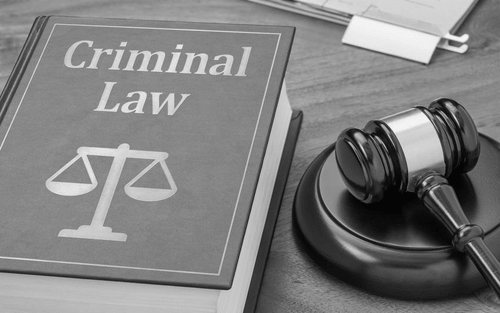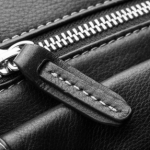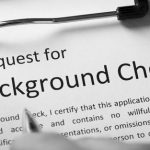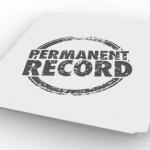Contributor: Adam Justinger
The North Dakota Legislature passed House Bill 1050 in 2019, reclassifying possession of less than one-half ounce of marijuana, or possession of certain marijuana paraphernalia, from a misdemeanor to an “infraction.” An infraction carries a maximum penalty of a $1,000 fine. Prior to August 1, 2019 (when HB 1050 became effective), these charges would have been a class B Misdemeanor, carrying a maximum penalty of 30 days in jail, a $1,500 fine, or both. So, why is this important?
Pardon Advisory Board
In North Dakota, you can attempt to get your conviction sealed or pardoned. If you are trying to seal your record, read this blog on the subject. However, if you are trying to have a conviction pardoned, an individual has to apply to the Pardon Advisory Board. The Pardon Advisory Board only meets twice a year. In 2020, the Pardon Advisory Board will meet on April 14th and November 10.
In order for an individual to apply for a pardon, an individual must complete an application. The application is generally five pages long and requires a plethora of information. This application must be completed and submitted 90 days prior to the Pardon Advisory Board meetings. The two submission deadlines in 2020 are January 16 and August 12.
Pardons And Marijuana Convictions
On February 4, 2020, Attorney General Wayne Stenehjem, released information regarding a streamlined process for securing a pardon for prior marijuana convictions. If an individual was convicted of possession of marijuana, possession of marijuana paraphernalia, or ingestion of marijuana and has not been found guilty of another criminal offense in any state, federal, or tribal court within the previous five years, they are eligible to apply for a pardon. The marijuana pardon application is only one page in length, unlike the normal five-page application.
Along with the one-page application, an individual must submit a copy of the applicant’s driver’s license or state identification card and the criminal judgment and charging document (criminal information, complaint, or citation) for each offense. If these records are not available, the applicant must explain to the Pardon Advisory Board why they are unavailable. It should be noted that simply printing out the Register of Actions from the Supreme Court’s website is not sufficient.
What Happens If My Pardon Is Granted?
If your pardon is granted, the record of your conviction for the conviction(s) will be amended on both the public court record and the criminal history record to show the Pardon. Because the Pardon includes removal of guilt, an individual can respond “No” to questions asking if they have been convicted of their prior marijuana offense(s). So, say bye, bye, bye to that marijuana conviction and get started on your application today.
In Conclusion
If you are eligible and want to try and obtain a pardon for your marijuana convictions, it may be in your best interest to contact an attorney to help you with the process. For help with the application process or other criminal issues in North Dakota or Minnesota, please do not hesitate to call Adam Justinger at SW&L Attorneys in Fargo at 701-297-2890.
This article is for informational purposes only.










